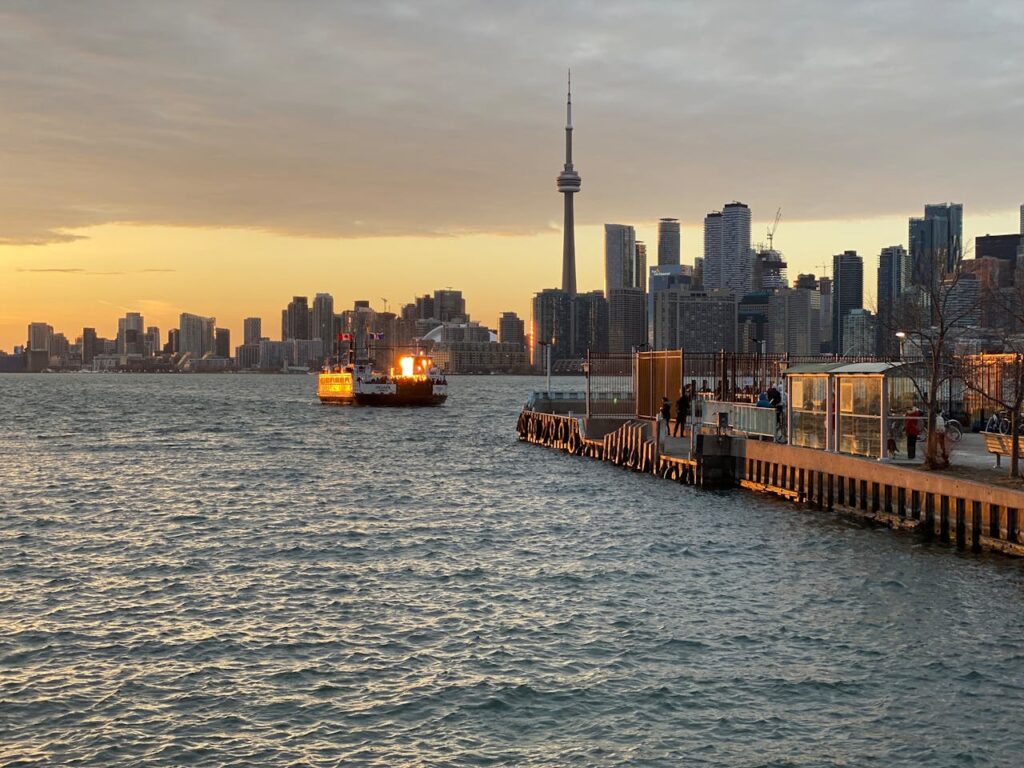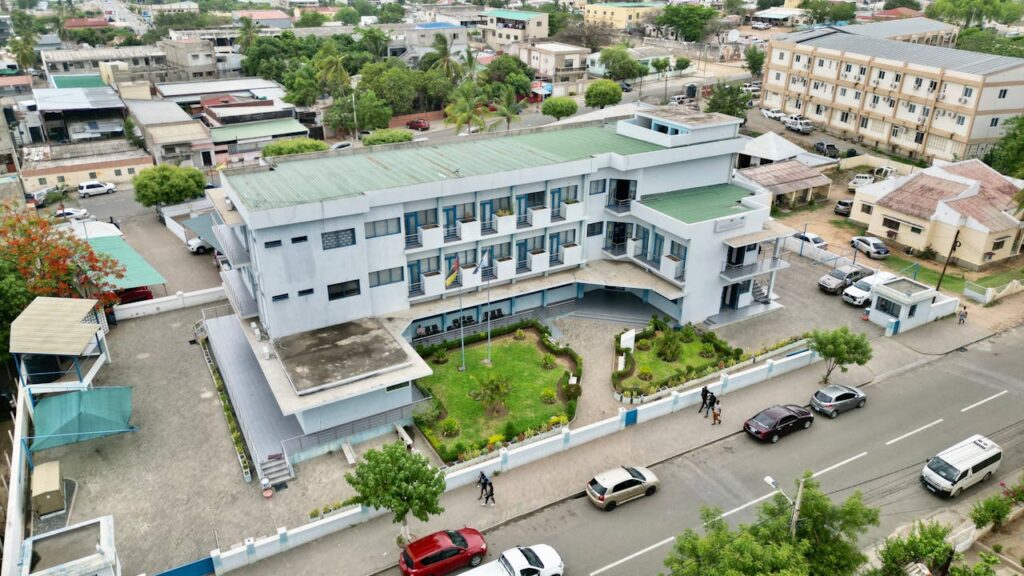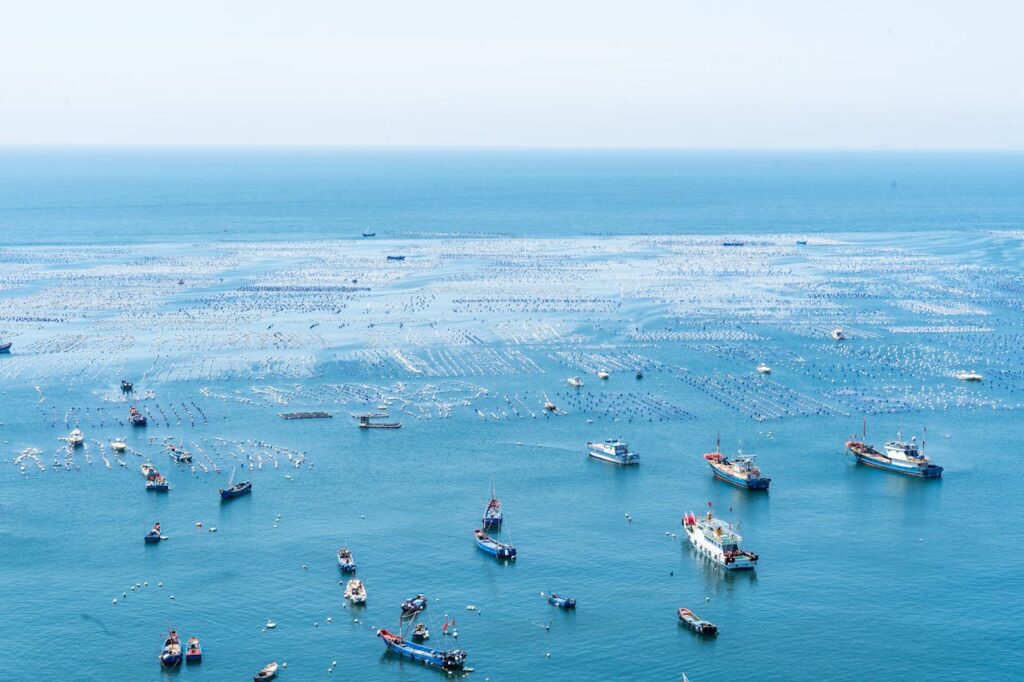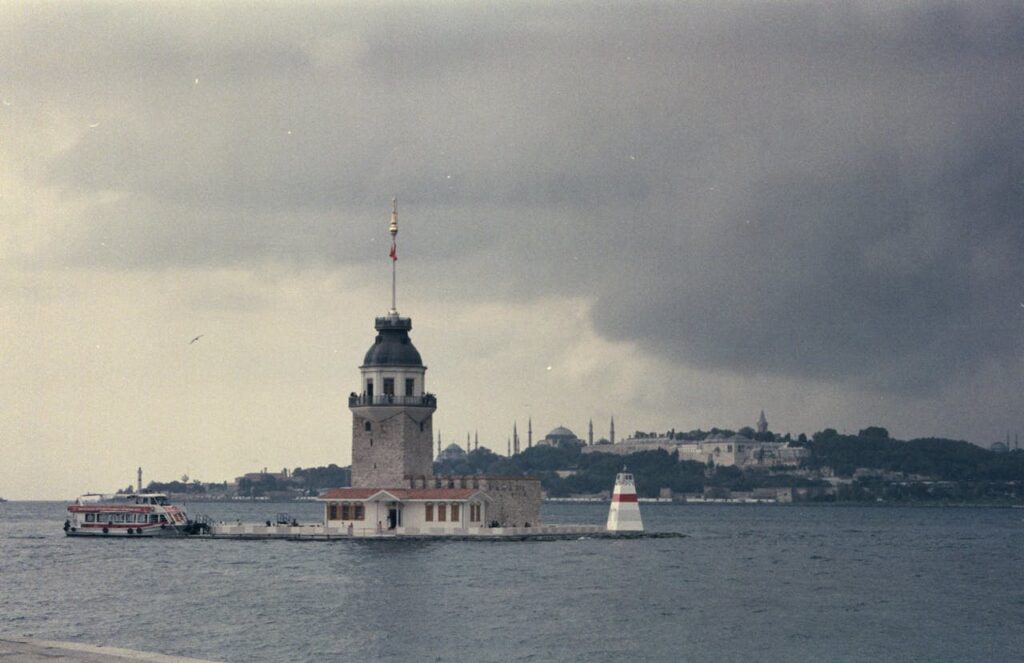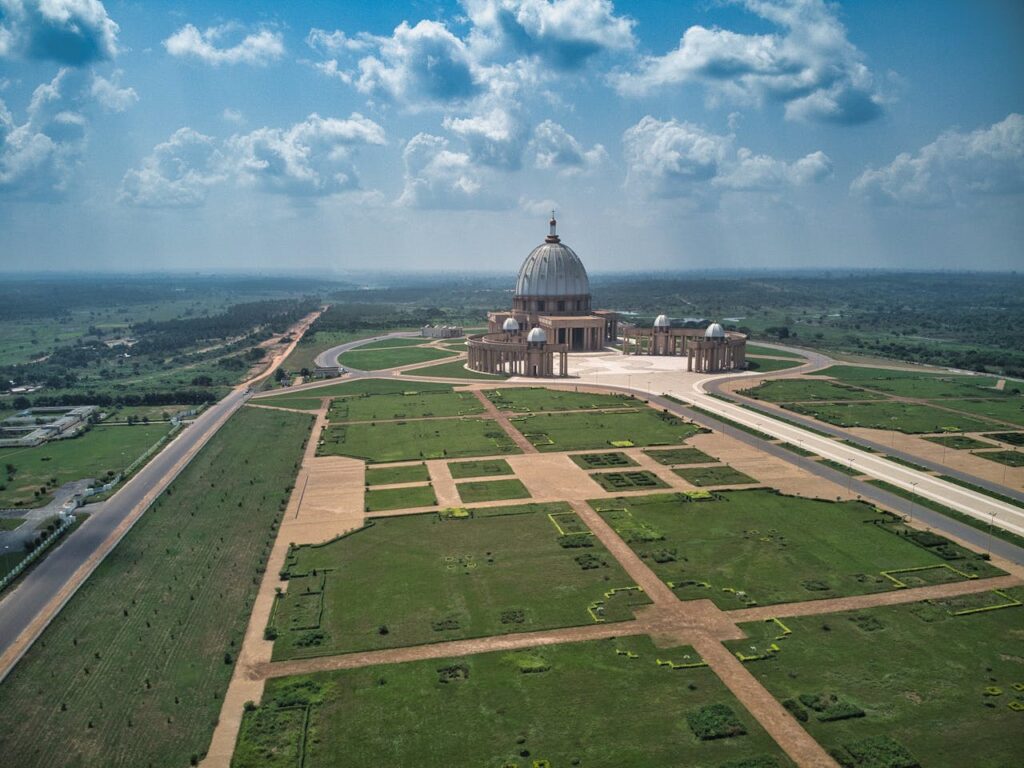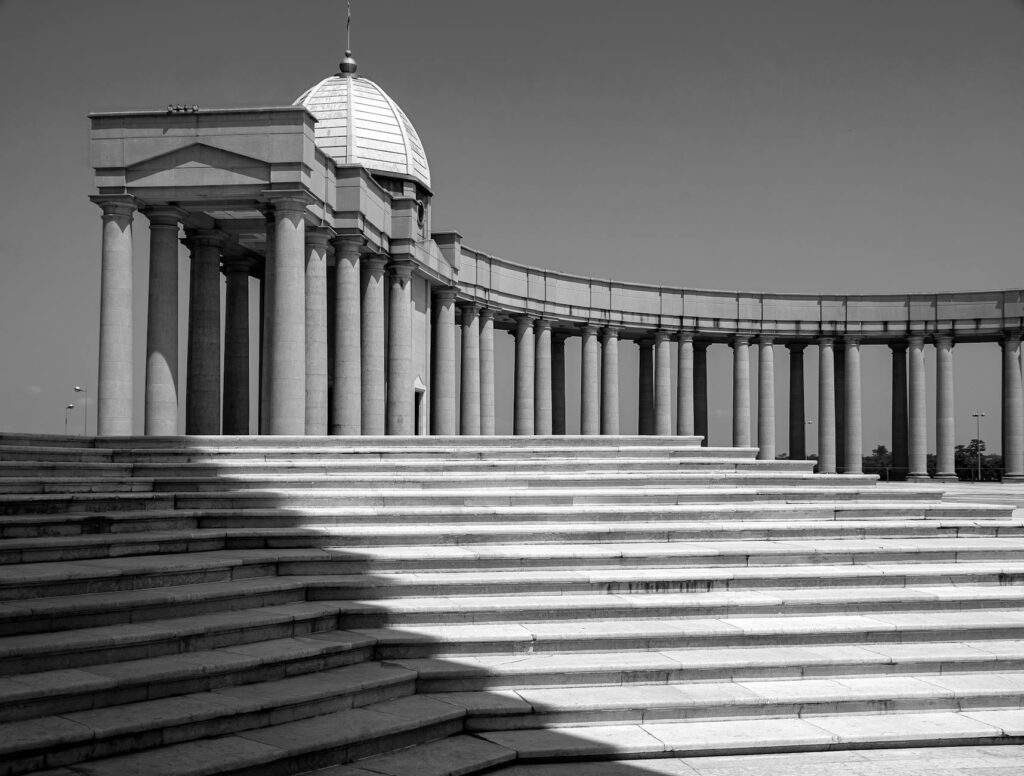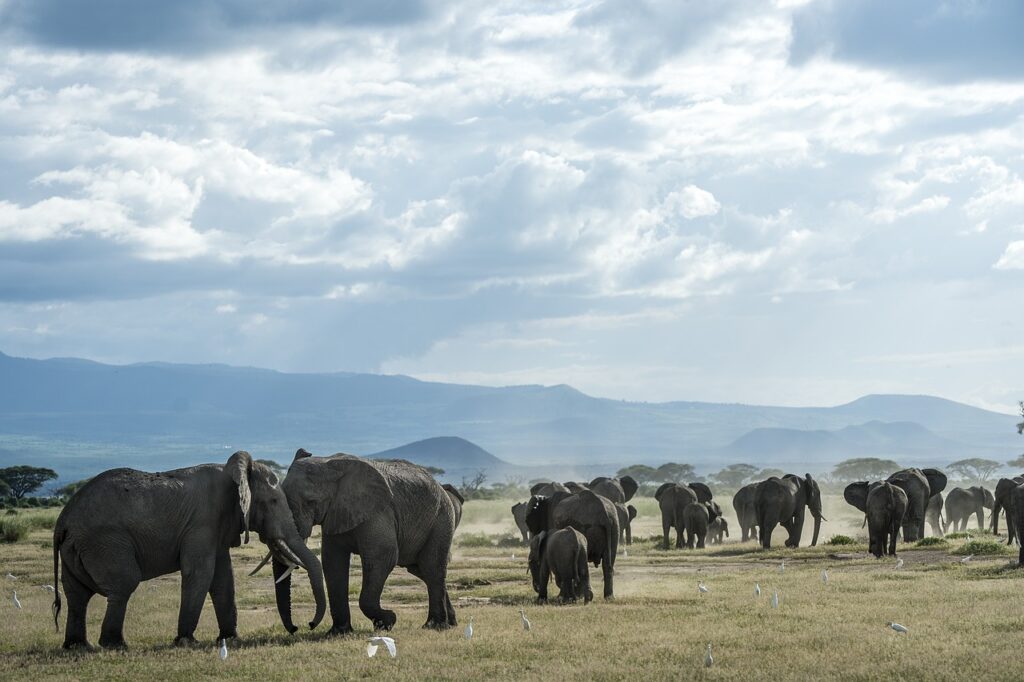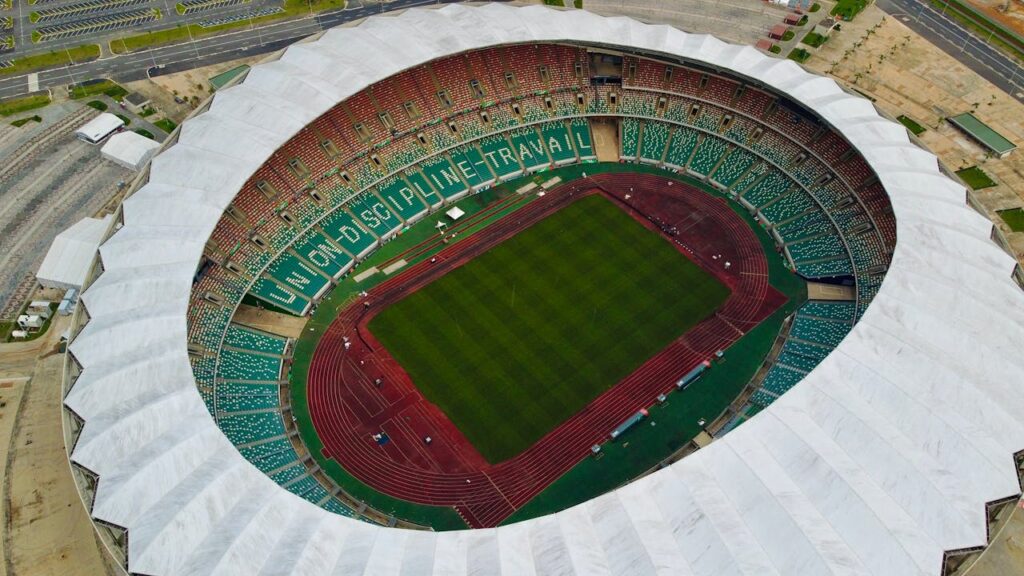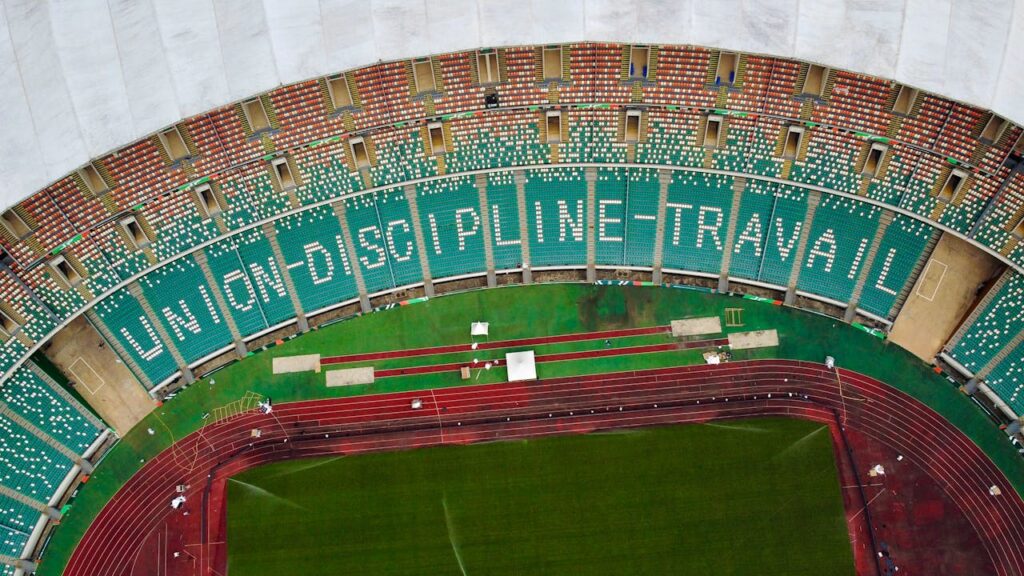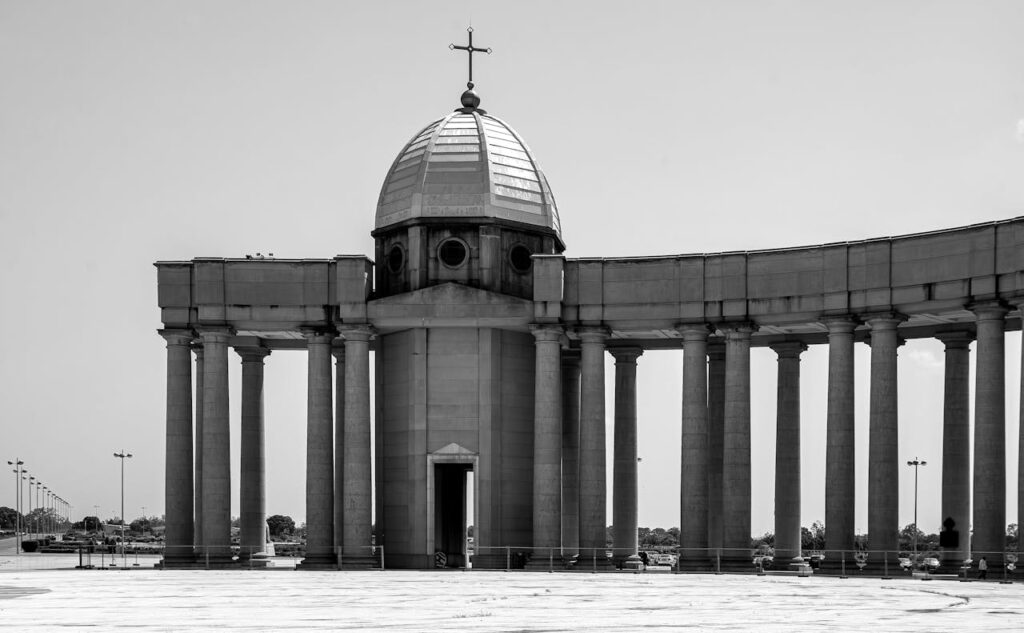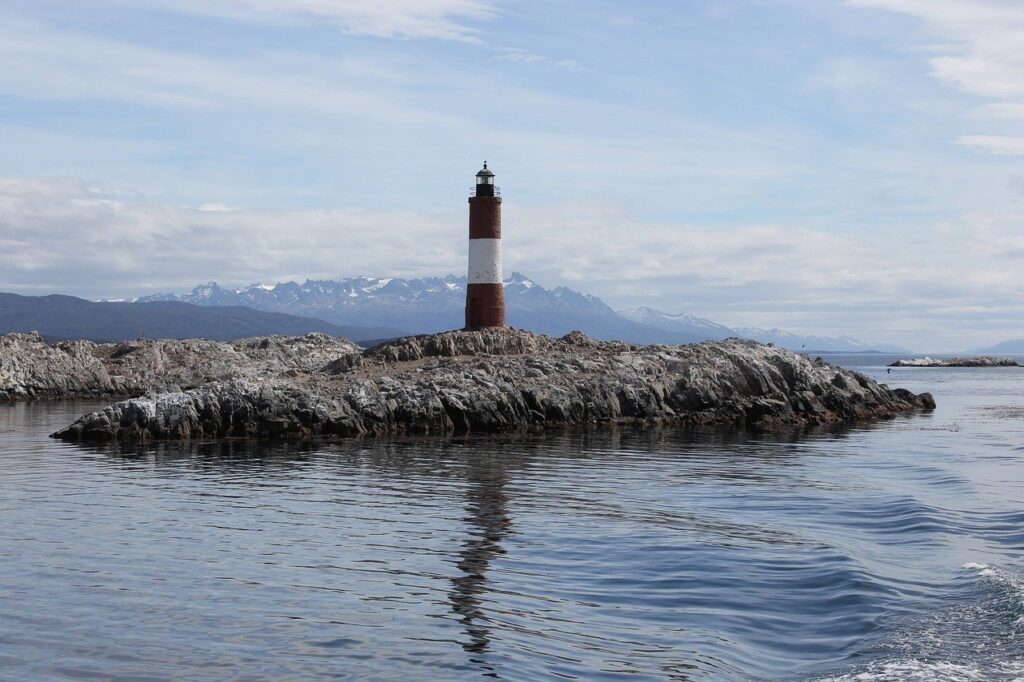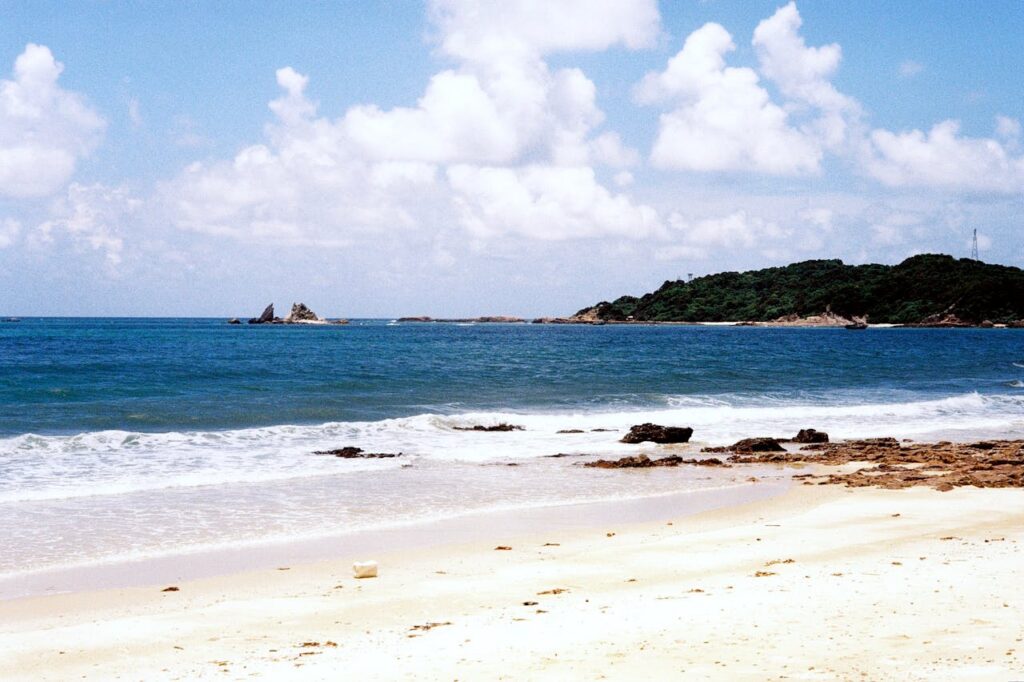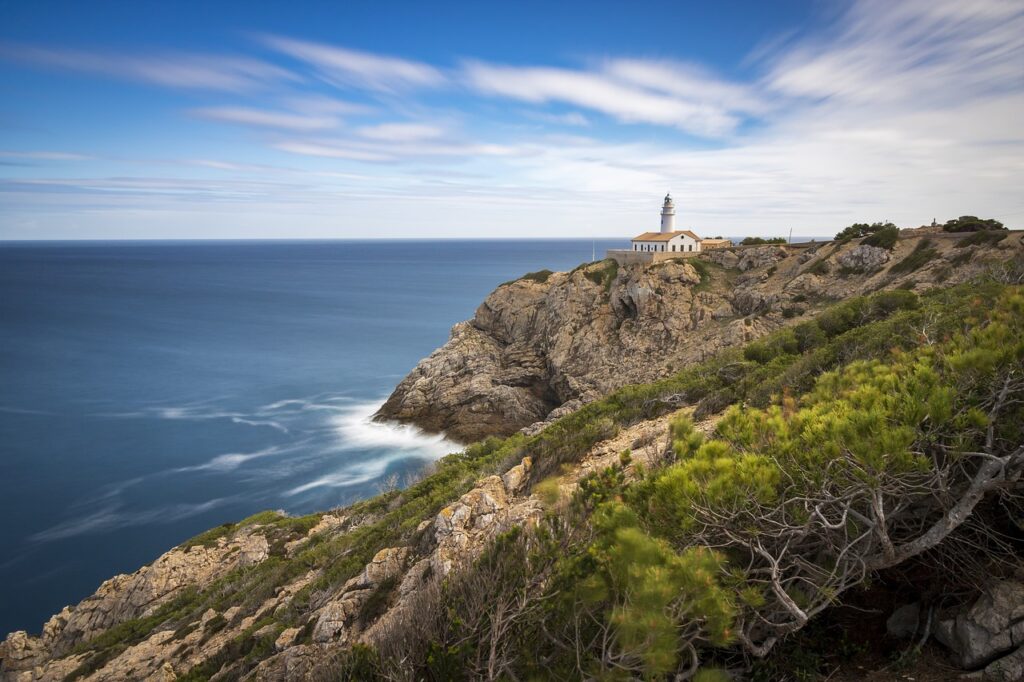Korhogo, Ivory Coast
Korhogo, located in the northern part of Ivory Coast, is a culturally rich city known for its vibrant arts scene, traditional crafts, and historical significance. As the capital of the Savanes District, Korhogo is a hub of Senoufo culture and offers a unique glimpse into the traditional way of life in the region. The city is famous for its skilled artisans, vibrant markets, and traditional dances. Here’s a guide to some of the top places to visit in Korhogo:
1. The Péléforo Gbon Coulibaly Regional Museum
The Péléforo Gbon Coulibaly Regional Museum is named after a prominent Ivorian political figure and is dedicated to preserving the cultural heritage of the region. The museum’s exhibits include traditional Senoufo artifacts, such as masks, textiles, and sculptures. Visitors can learn about the history and customs of the Senoufo people and explore the diverse collection of cultural items.
- Key Attractions: Traditional artifacts, cultural exhibits.
- Activities: Museum tours, cultural exploration.
- Location: Central Korhogo.
2. Korhogo Market
Korhogo Market is a bustling hub where locals and visitors can find a variety of goods, including fresh produce, textiles, crafts, and traditional foods. The market is renowned for its handmade crafts, particularly the famous Senoufo masks and woven cloths. It is an excellent place to experience the vibrant atmosphere, interact with artisans, and shop for unique souvenirs.
- Key Attractions: Senoufo masks, handmade crafts.
- Activities: Shopping, cultural exploration.
- Location: Central Korhogo.
3. Sacred Rocks of Koni
The Sacred Rocks of Koni are a significant cultural and spiritual site for the Senoufo people. Located near Korhogo, these rock formations are associated with traditional rituals and ceremonies. Visitors can explore the area, learn about the local legends and spiritual beliefs, and enjoy the natural beauty of the surroundings.
- Key Attractions: Cultural significance, natural beauty.
- Activities: Sightseeing, cultural learning.
- Location: Near Korhogo.
4. Village of Fakaha
The Village of Fakaha is renowned for its traditional cotton cloth weaving. The village is home to skilled artisans who create beautiful, hand-woven textiles using traditional techniques passed down through generations. Visitors can watch the weavers at work, learn about the weaving process, and purchase authentic Senoufo cloths.
- Key Attractions: Traditional weaving, hand-woven textiles.
- Activities: Weaving demonstrations, shopping.
- Location: Near Korhogo.
5. Boundiali Caves
The Boundiali Caves, located near Korhogo, are a series of natural caves that hold historical and cultural significance. The caves are believed to have been used for ancient rituals and as shelter by early inhabitants. Visitors can explore the caves, learn about their history, and enjoy the scenic landscapes surrounding them.
- Key Attractions: Natural caves, historical significance.
- Activities: Cave exploration, historical learning.
- Location: Near Korhogo.
6. Mount Korhogo
Mount Korhogo is a prominent natural landmark in the region, offering stunning views of the surrounding savannah and city. The mountain is a popular destination for hiking and outdoor activities. Visitors can hike to the summit, enjoy the panoramic views, and experience the natural beauty of the area.
- Key Attractions: Panoramic views, hiking trails.
- Activities: Hiking, photography.
- Location: Near Korhogo.
7. Sacred House of the Porcupine
The Sacred House of the Porcupine is a traditional Senoufo structure that holds cultural and spiritual significance. It is believed to be the dwelling place of a sacred porcupine, an important symbol in Senoufo culture. Visitors can learn about the legends associated with the site and the role of the porcupine in local traditions.
- Key Attractions: Cultural and spiritual site, traditional structure.
- Activities: Cultural learning, sightseeing.
- Location: Korhogo.
8. Niofoin Fetish House
The Niofoin Fetish House is a significant cultural site in Korhogo, known for its role in traditional religious practices. The site features sacred objects, known as fetishes, that are used in ceremonies and rituals. Visitors can learn about the spiritual beliefs and customs of the Senoufo people and explore the unique architecture of the fetish house.
- Key Attractions: Sacred objects, traditional rituals.
- Activities: Cultural exploration, learning.
- Location: Korhogo.
9. Senoufo Traditional Dance Performances
Korhogo is renowned for its traditional Senoufo dance performances, which are an integral part of the region’s cultural heritage. These performances often feature elaborate masks, vibrant costumes, and rhythmic music. Visitors can attend dance performances to experience the rich cultural traditions and artistic expression of the Senoufo people.
- Key Attractions: Traditional dances, cultural expression.
- Activities: Watching performances, cultural immersion.
- Location: Various venues in Korhogo.
10. Tiguila Mosque
The Tiguila Mosque is a historic mosque in Korhogo, known for its unique Sudanese architectural style. The mosque is a significant religious site for the local Muslim community and features distinctive mud-brick construction. Visitors can explore the mosque’s architecture, learn about its history, and experience the serene atmosphere.
- Key Attractions: Historic mosque, Sudanese architecture.
- Activities: Sightseeing, cultural learning.
- Location: Central Korhogo.
Summary Table
| Place | Description | Key Attraction | Distance from City Center |
|---|---|---|---|
| Péléforo Gbon Coulibaly Museum | Museum preserving Senoufo cultural heritage | Traditional artifacts, cultural exhibits | Central Korhogo |
| Korhogo Market | Bustling market known for Senoufo crafts | Senoufo masks, handmade crafts | Central Korhogo |
| Sacred Rocks of Koni | Significant cultural and spiritual site | Cultural significance, natural beauty | Near Korhogo |
| Village of Fakaha | Village known for traditional cotton cloth weaving | Hand-woven textiles, weaving demonstrations | Near Korhogo |
| Boundiali Caves | Natural caves with historical significance | Cave exploration, historical learning | Near Korhogo |
| Mount Korhogo | Prominent mountain offering panoramic views | Hiking trails, scenic views | Near Korhogo |
| Sacred House of the Porcupine | Traditional structure with cultural significance | Cultural learning, sightseeing | Korhogo |
| Niofoin Fetish House | Cultural site featuring sacred objects | Traditional rituals, sacred objects | Korhogo |
| Senoufo Traditional Dance | Renowned for traditional dance performances | Cultural expression, artistic performances | Various venues in Korhogo |
| Tiguila Mosque | Historic mosque with unique Sudanese architecture | Sightseeing, cultural learning | Central Korhogo |
How to Reach Korhogo
By Air
Korhogo is served by Korhogo Airport, which offers limited domestic flights. The nearest major international airport is Félix-Houphouët-Boigny International Airport in Abidjan, approximately 630 km away. From Abidjan, visitors can travel to Korhogo by road.
By Road
Korhogo is accessible by road from other major cities in Ivory Coast. The journey from Abidjan to Korhogo takes about 9 to 10 hours by car. Buses and taxis are available for transportation.
By Rail
There is no direct rail connection to Korhogo. The closest major rail station is in Abidjan, from where visitors can continue their journey by road.
Best Time to Visit Korhogo
The best time to visit Korhogo is during the dry season, from November to March. The weather during this period is warm and dry, making it ideal for outdoor activities and exploring the town’s attractions. The rainy season, from April to October, can bring heavy rains and high humidity.
Travel Tips
- Local Cuisine: Korhogo offers a variety of traditional Ivorian dishes, including foutou (plantain mash), kédjénou (chicken stew), and grilled fish. Local restaurants and street vendors provide a range of delicious options.
- Cultural Insights: Korhogo is a culturally rich city with a blend of African and French influences. Visitors are encouraged to respect local customs and traditions, especially when visiting religious and sacred sites. Dress modestly and be mindful of local etiquette.
- Safety Tips: Korhogo is generally safe for tourists, but standard precautions should be taken. Keep your belongings secure, avoid walking alone at night, and be cautious when exploring unfamiliar areas. Use reliable transportation and follow local guidelines.
Itinerary Suggestions
One-Day Trip
- Morning: Start your day with a visit to the Péléforo Gbon Coulibaly Regional Museum, exploring the traditional artifacts and cultural exhibits. Have breakfast at a nearby café.
- Afternoon: Head to Korhogo Market to experience the vibrant atmosphere and shop for Senoufo crafts. Then, visit the Sacred Rocks of Koni to learn about the cultural significance and enjoy the natural beauty.
- Evening: Conclude your day with a visit to the Tiguila Mosque, admiring the unique architecture. Have dinner at a local restaurant, sampling traditional Ivorian dishes.
Weekend Getaway
- Day1: Begin with a trip to the Village of Fakaha, observing the traditional weaving process and shopping for hand-woven textiles. In the afternoon, explore the Boundiali Caves and learn about their historical significance. Spend the evening at Mount Korhogo, hiking to the summit and enjoying the panoramic views.
- Day 2: Start with a visit to the Sacred House of the Porcupine, learning about the cultural significance and local legends. Then, explore the Niofoin Fetish House and the unique architecture of the fetish house. End your trip with a traditional Senoufo dance performance, experiencing the rich cultural expression and vibrant music.
Korhogo offers a unique blend of cultural richness, historical significance, and natural beauty. Whether you’re exploring its vibrant markets, learning about its traditional crafts, or enjoying its stunning landscapes, Korhogo promises an enriching and unforgettable experience.

